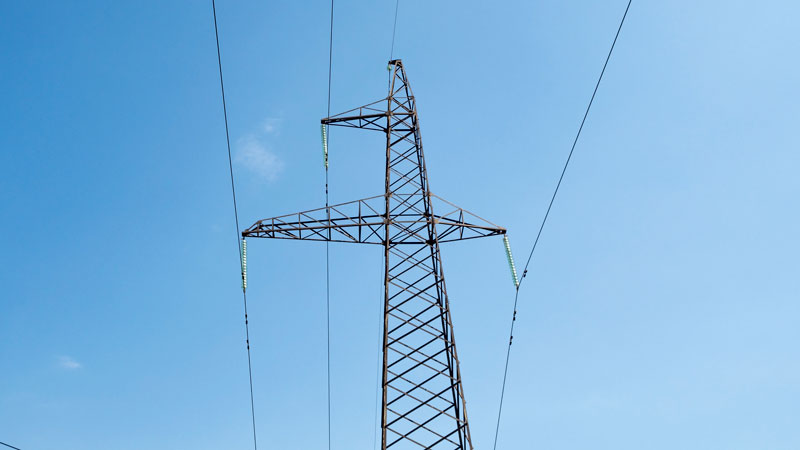Published:

Government, business and communities are being urged to take a global view when sourcing and harvesting energy in a responsible way.
In an article published in The Conversation today, Professor David Flynn from Heriot-Watt's School of Engineering & Physical Sciences, calls for the introduction of a Fairtrade certification scheme specifically for the energy sector.
We must take a global view of fair trade in energy, which is conscious of the true cost of our low to zero carbon technologies.
Similar to the existing Fairtrade movement, the proposed new certification would aim to deliver better prices for consumers, support improvements in sustainability and help protect workers in developing countries.
Professor Flynn adds that while the world strives for an energy system which is mindful of the threat of climate change, it must not lose sights of its social conscience and ignore where the materials to build that system come from.
He said: “There is a reality we're all overlooking when it comes to the future of our energy supply. That is, we have to look beyond applying a sense of fairness solely to our energy system and society. We must take a global view of fair trade in energy, which is conscious of the true cost of our low to zero carbon technologies.”
In June this year, CBS News reported that child labour was being used in dangerous cobalt mining in the Democratic Republic of Congo (DRC). The mineral is used in virtually all batteries, such as for mobile phones and computers, as well as electric vehicles. It also plays a significant role in the development of many prominent renewable energy technologies such as solar power, wind power and bio-gas.
Latest research by the United Nations Children's Fund (UNICEF) estimates 40,000 children are working in DRC mines.
Professor Flynn added: “Why hasn't the sourcing of cobalt provoked a global reaction akin to that which launched Fairtrade clothing and food? Is energy, which underpins all of our infrastructure and services, exempt from responsible trading? Are governments willing to turning a blind eye to the ethical issues of a low carbon future?”
The academic says a 'broader view' is required to better tackle the issue of responsible energy and ensure the interests of all people, from the cobalt miners to energy consumers.
The subject area is currently being investigated by researchers at Heriot-Watt's Smart Systems Group. They are exploring how energy security, sustainability and fairness can be achieved by binding different renewable technologies into one Whole System vision.
By understanding the data that binds the service of energy to society, the researchers aim to create solutions that address the technical, ethical and engineering challenges of low carbon energy.
For example, Blockchain technology, a digital log which can track transactions in money and services between users, has been successfully used to curb the trade in blood diamonds by imposing strict standards on where the diamonds come from. In energy, it could be used to trace both the source of the electricity consumers buy, and the source of the materials used in making batteries.
Businesses which currently rely on cobalt in batteries and wind turbines can create new revenue streams by moving away from selling batteries to single customers, to a business model similar to hire purchase where a battery can be shared by several parties as needed. This, Professor Flynn explains, would reduce the demand for cobalt and new batteries and provide a more efficient distribution of energy.
He finished: “By exploring how data can create a low carbon energy architecture for our communities from multiple technologies, we can avoid an over dependency on technologies which are overly expensive, as well as technologies that do not adhere to the principles of fairtrade. Our understanding of the data within our energy system is critical in the delivery of fair and affordable energy for all. "